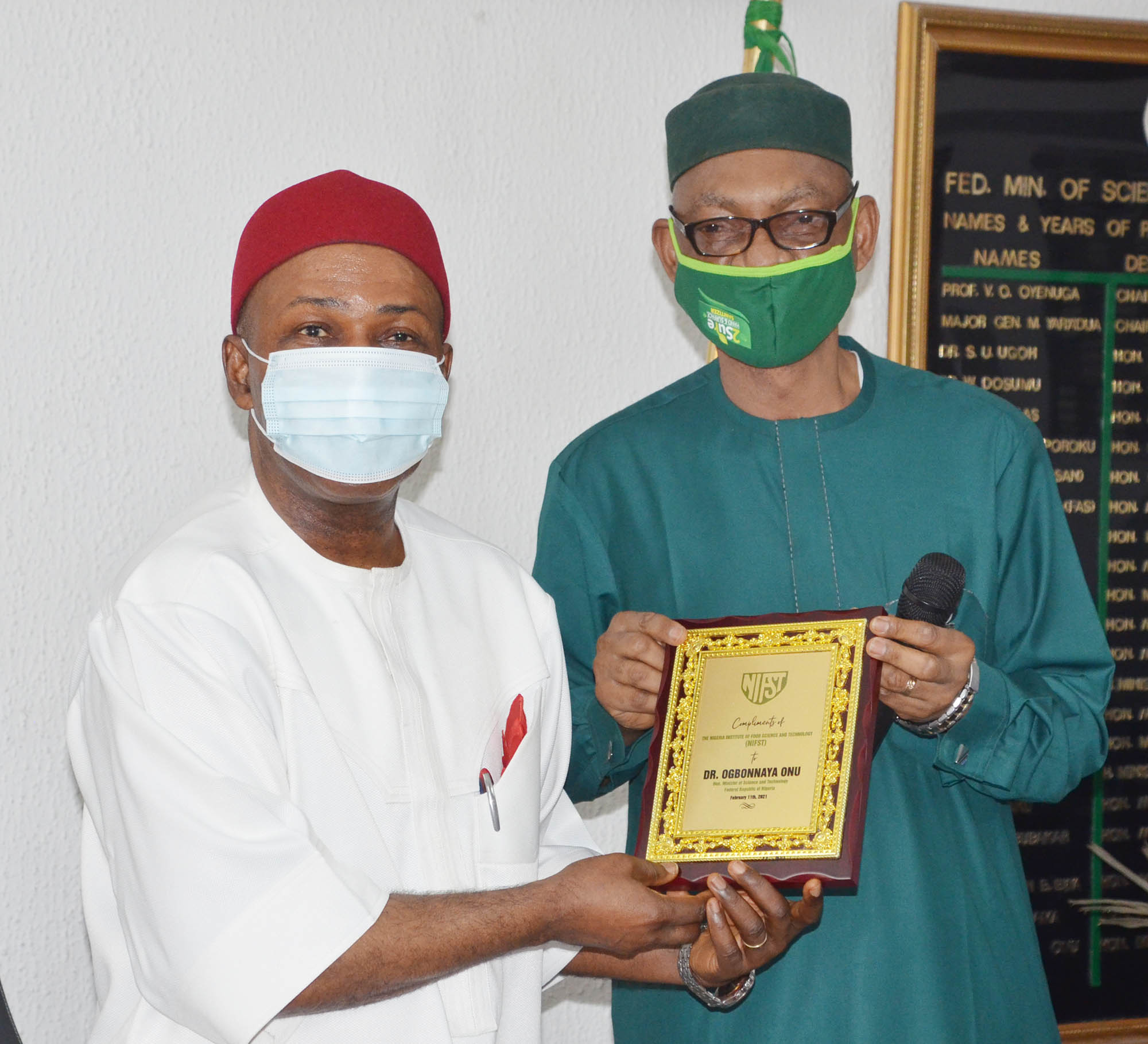Business
External Reserves Down By $565m In Two Weeks

The country’s external reserves dipped by $565 million from $36.198 billion as of February 1, to $35.633 billion as of February 15, latest figures from the Central Bank of Nigeria (CBN) revealed on Wednesday.
The reserves which had gained in recent weeks started a downward trend on January 26 on which date it declined to $36.34 billion.
Figures obtained from the CBN showed that the reserves, which commenced at $35.65 billion rose to $36.52 billion as of January 25.
At the last Monetary Policy Meeting in January, the Central Bank Governor, Godwin Emefiele, said, “On the external reserves position, the committee noted the increase in the level of external reserves, which stood at $36.23 billion as at 21st January, 2021 compared with $34.94bn at the end of November 2020.
“This reflected improvements in crude oil prices, partial global economic recovery amid optimism over the discovery and distributions of COVID-19 vaccines by most developed economies.”
However, the latest monthly economic report of the CBN stated that despite the increase in economic activities globally and positive news of a COVID-19 vaccine, the external reserves declined due to lower foreign exchange receipts and sustained intervention to stabilise the exchange rate.
Consequently, it added, the external reserves fell by 1.7 per cent to $34.97 billion at end-November 2020, below the levels of $35.58 billion at end-October 2020 and by 9.9 per cent, when compared with $38.8 billion at end-November 2019.
This was due, mainly, to increased interventions in the Investors’ and Exporters, SMIS and BDC segments of the foreign exchange market.
The external reserves position could cover 6.7 months of import for goods and services or 8.1 months of import for goods only, using the import figure for 2020 Q3.
Further analysis showed that Nigeria’s reserves per capita decreased to $169.59, compared with $172.60 in October 2020, while Egypt’s reserves per capita increased to $342.36 from $338.92 in October 2020.
Reserve per capita position for South Africa and Angola was $725.49 and $461.32, while their reserve positions were $43.03 billion and $15.16 billion, respectively, in October 2020.
Business
Ban On Satchet Alcoholic Drinks: FG To Loss N2trillion, says FOBTOB

Business
Estate Developer Harps On Real Estate investment

Business
FG Reaffirms Nigeria-First Policy To Boost Local Industry, Expand Non-oil Exports

-

 Featured2 days ago
Featured2 days agoOil & Gas: Rivers Remains The Best Investment Destination – Fubara
-

 Nation3 days ago
Nation3 days agoOgoni Power Project: HYPREP Moves To Boost Capacity Of Personnel
-
Nation3 days ago
Hausa Community Lauds Council Boss Over Free Medical Outreach
-
Nation3 days ago
Association Hails Rivers LG Chairmen, Urges Expansion Of Dev Projects
-
Nation3 days ago
Film Festival: Don, Others Urge Govt To Partner RIFF
-
Nation2 days ago
MOSIEND Calls For RSG, NDDC, Stakeholders’ Intervention In Obolo Nation
-

 News2 days ago
News2 days agoNDLEA Arrests Two, Intercepts Illicit Drugs Packaged As Christmas Cookies
-
Rivers3 days ago
UNIPORT Moves To Tackle Insecurity … Inducts Security Experts

